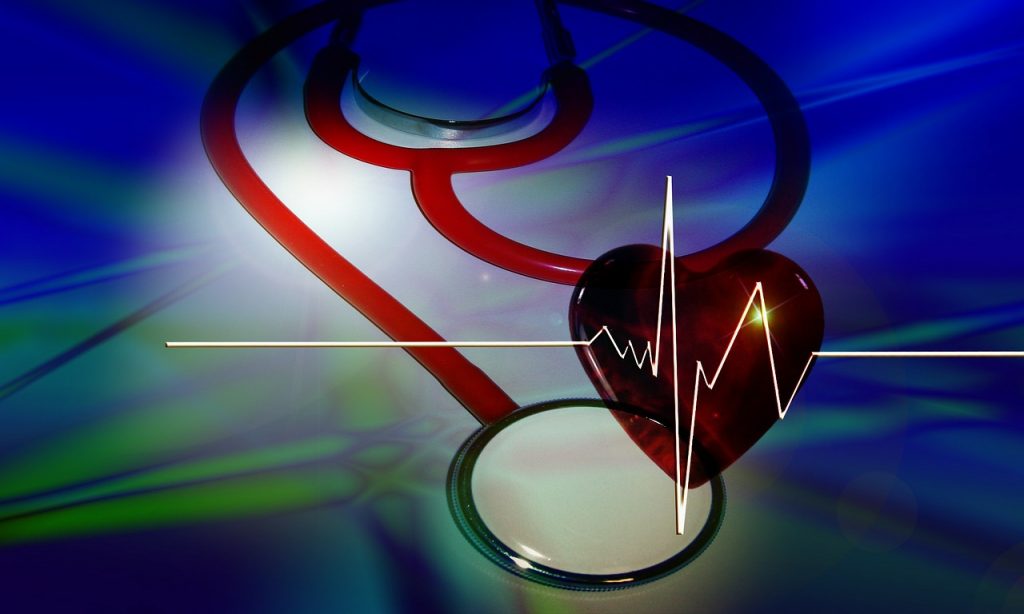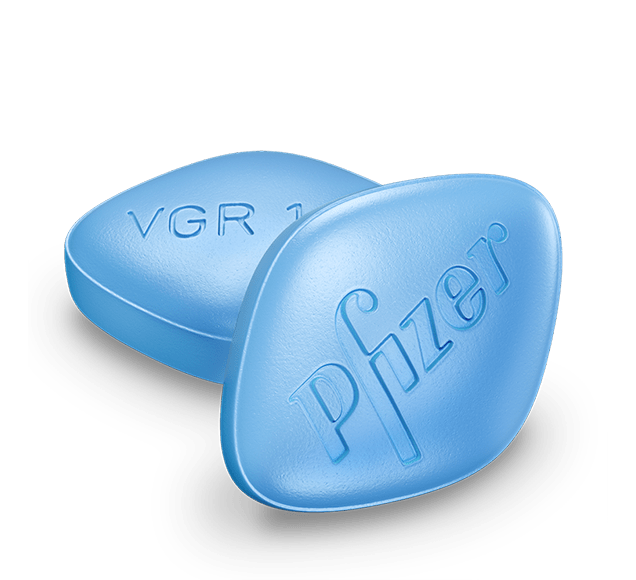Arterial hypertension and erectile dysfunction are often comorbid diseases. Viagra, a popular ED remedy, has shown it can influence blood pressure (BP) levels. So how exactly does it act? Can it be taken by men with hypo- or hypertension?
Viagra and Blood Pressure: Theoretical Assumptions
When a person suffers from arterial hypertension, blood vessels begin to narrow slowly and pressure on their walls rises. As a result, irreversible changes occur in the cardiovascular system that are hazardous to health. Vessels lose their elasticity, thicken and become stiff. Many medications have been developed to treat high blood pressure, and some of these medications are vasodilators. Hydralazine and minoxidil directly affect blood vessels, while calcium channel blockers have an indirect vasodilating effect.

Viagra is a drug that acts mainly locally, that is in the genital area. The active agent of the ?blue pill’ blocks the enzyme PDE5 which prevents the expansion of the penile vessels, as a result of which an erection (filling the penis with blood) is accelerated.
Viagra is known to have a very weak general vasodilating effect. This is usually unnoticeable in a healthy person, but in a small percentage of cases a number of side effects may occur. Headache, facial flushing, back pain, dizziness, and weakness are the top ones.
Scientific Data
According to the study ?Effect of Regular Phosphodiesterase Type 5 Inhibition in Hypertension’ by James J. Oliver et al. (2006), sildenafil constituted effective antihypertensive therapy. The configuration of the research was as follows: the scientists selected 25 otherwise untreated hypertensive patients who were divided into groups, and were administered sildenafil 50mg or placebo tablets three times daily. The effect on blood pressure and other parameters were evaluated, and it appeared that sildenafil takers obtained good treatment results.
The disadvantage of this study is its small scale. The participation of twenty five patients is clearly not enough to draw a clear conclusion about the effectiveness of the medication for the treatment of a particular disease. In addition, Viagra has a number of kinks that may prevent its use to treat high BP, for instance, incompatibility with nitrates and some antihypertensives.
However, back in 2020, Yoram Vardi and others (Urology journal) came up with another inference, which slightly differs from the previously described one. They stated that Viagra caused small and insignificant reductions in blood pressure in resting and active hypertensive and normotensive male patients.
Useful to know: Signs of Viagra Use: How to Detect Treating with the Drug?
Can You Take Viagra If You Suffer From Hypertension and Hypotension?

- High Blood Pressure. The medicine is strictly contraindicated only when a patient suffers from uncontrolled hypertension. This means the condition is out of control, and is actually left untreated. This is associated with severe cardiac and non-cardiac events. Health threats from elevated BP are diverse, they include stroke, heart attack, heart failure, vision loss, and sexual dysfunction (or its aggravation). Viagra can play a dirty trick when used by patients with non-controlled high blood pressure, especially when one decides to self-treat and takes a potent antihypertensive medication.
- Low Blood Pressure. As for hypotension, the administration of Viagra is contraindicated for men with decreased blood pressure. Given its hypotensive effect (although it is slight), it may lead to dangerous drop in BP, causing appropriate symptoms: severe weakness and orthostatic hypotension, unusual tiredness, losing consciousness, etc.
Viagra may be approved for the treatment of high blood pressure, but for this the medical community needs to conduct hundreds of clinical studies with a large number of volunteers. So far, we doubt that this will be done at all, since there are many other medicines to treat this disease.


Leave a Reply